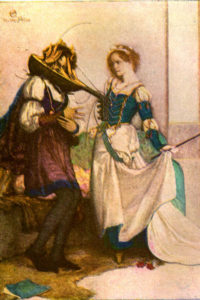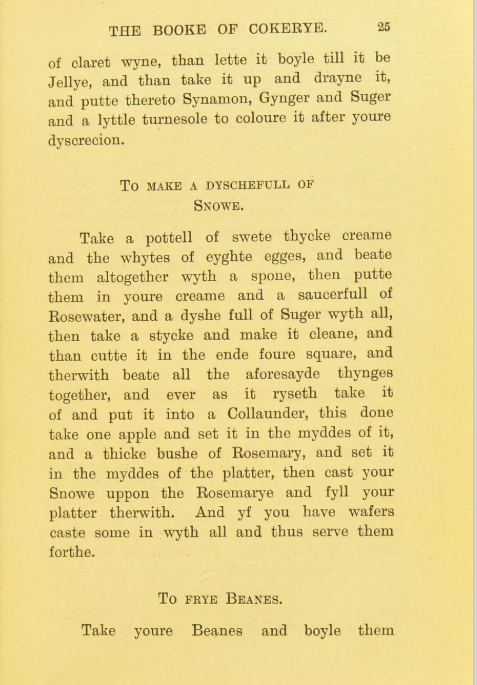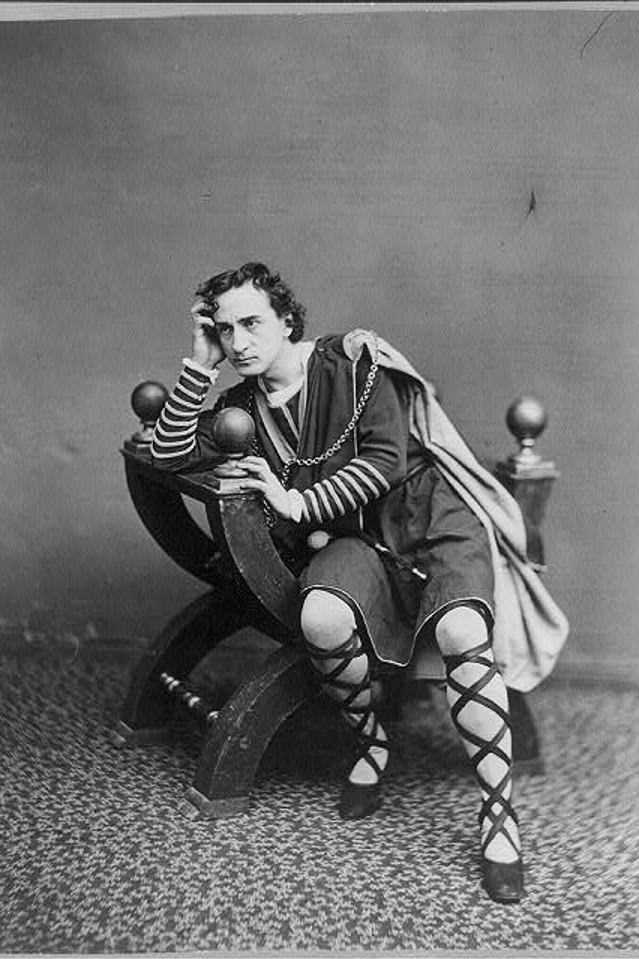
Be me, on a typical school day, bustling around getting the kids breakfast as they get ready for school. My middle announces, “Did I tell you my Shakespeare story?”
Everything stops, of course. Well, more to the point everything I’m doing stops, while my wife kind of gives me the, “Seriously?” look since stuff’s still got to get done.
“Do tell,” I reply. “The very fact that you brought it up means this is going to be a blog post.”
“Ok,” she says, putting down her spoon. “Well, my friends and I the other day are talking, and somehow Shakespeare comes up, you know.”
“Sure, sure. I know the feeling.”
“And then my friend is all,” cue dripping fawning voice, “Oh, I *love* Shakespeare, I just *love* Romeo and Juliet and Midsummer’s Night’s Dream!” At this point she switches to brainy smirk, rolls up her sleeves, and begins. “Well, I said to her, do you know Othello? Hmm? How about Winter’s Tale? Or Titus Androkinus?”
My oldest and I exchange a glance and a laugh at that one. Middle continues, “Have *you* ever read the one where the husband bakes his wife into a pie? Hmmm???”
“Wait, what?” I ask.
“That’s Cleopatra,” says my oldest.
“Wait, WHAT?” I ask.
“Isn’t there one about Cleopatra and her husband?”
“Antony and Cleopatra, yes?”
“Isn’t that the one she’s talking about?”
“…???…NO?!”
It’s funny how sometimes the facts get garbled. I explain that Titus baked the sons of his enemy into a pie. I still have no idea where they got baking his wife – nor the connection with Antony and Cleopatra.

 Fun bit of Shakespeare Geekery on Reddit today when I spotted too late this “Tip of My Tongue” post:
Fun bit of Shakespeare Geekery on Reddit today when I spotted too late this “Tip of My Tongue” post: My daughter’s in an honest to goodness 100% full-time Shakespeare class now. It’s been a long time coming. They’re starting right out with Taming of the Shrew, and already she’s lost.
My daughter’s in an honest to goodness 100% full-time Shakespeare class now. It’s been a long time coming. They’re starting right out with Taming of the Shrew, and already she’s lost.
